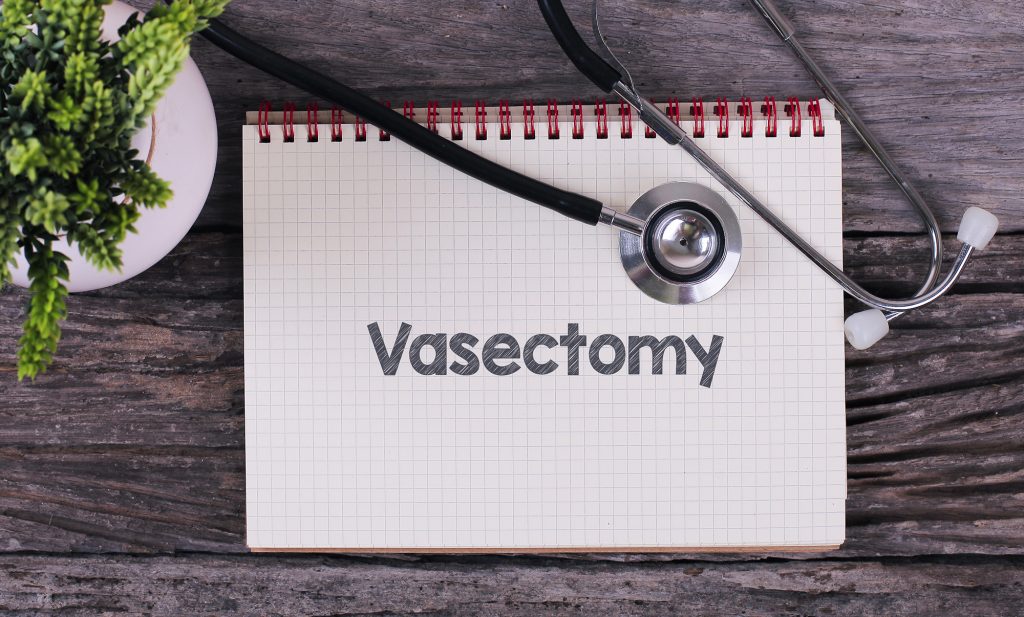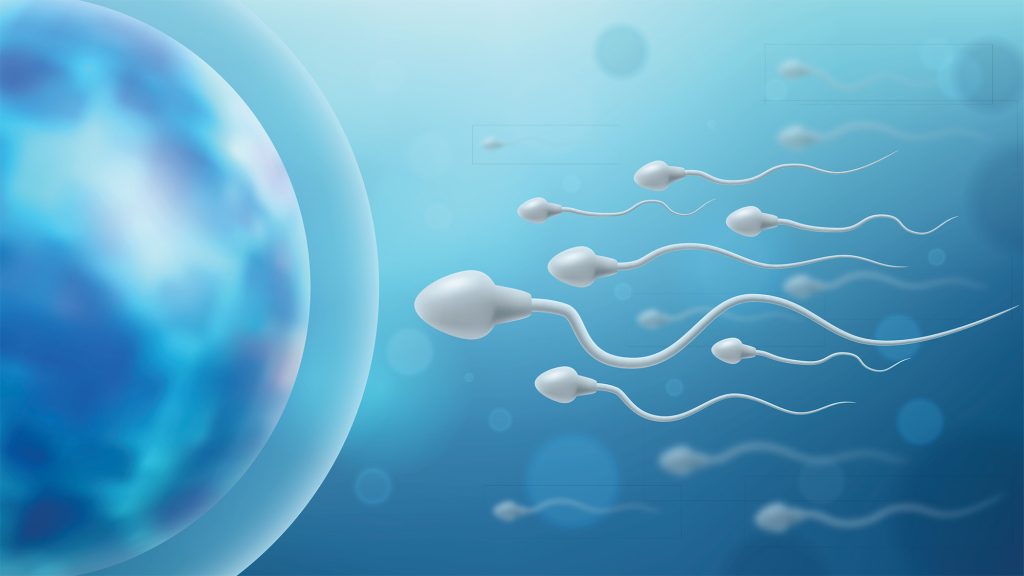Table of Contents
Comprehensive Benefits of Vasectomy
Vasectomy stands out as a significant advancement in permanent birth control methods. It’s more than just a procedure; it’s a life-changing decision with far-reaching benefits. From its unmatched efficacy in preventing pregnancy to its minimal impact on the male reproductive system, the benefits of getting a vasectomy have evolved into making it the preferred form of birth control for many.
Superior Effectiveness as a Birth Control Method
Vasectomy boasts a 99.9% success rate in preventing pregnancy, making it a superior form of birth control. Unlike temporary methods, it offers a permanent solution, ensuring peace of mind for couples not wishing to conceive.
Personal and Relationship Advantages
Opting for a vasectomy can profoundly impact personal well-being and relationship dynamics. It provides couples with a sense of control over their reproductive choices and can greatly enhance the quality of their intimate life.
Enhancing Intimacy and Sexual Freedom
A vasectomy can significantly enhance sexual health and intimacy. Couples often report increased sexual activity and satisfaction as there’s no fear of unintended pregnancy. The procedure does not affect sex drive or the ability to perform sexually; the only difference is the absence of sperm in the ejaculate.
Reducing Stress and Anxiety in Relationships
By effectively preventing pregnancy, a vasectomy can alleviate the stress and anxiety often associated with other forms of birth control. Couples enjoy a more spontaneous and worry-free sexual relationship, knowing that the risk of an unplanned pregnancy is almost nonexistent.
Empowering Personal Choice and Control
A vasectomy empowers men to take control of their reproductive choices. It’s an act of taking responsibility not only for oneself but also for one’s partner, reducing the burden of birth control on the female partner. This shared responsibility can strengthen mutual understanding and respect within a relationship.

Psychological and Emotional Well-being
The decision to have a vasectomy goes beyond the physical aspect; it can have a significant positive impact on an individual’s mental and emotional health.
Peace of Mind and Future Planning
Vasectomy offers a sense of security and control over future family planning. This peace of mind can have a profound effect on mental well-being, as it removes the constant concern of preventing pregnancy and allows for long-term life planning without the fear of unexpected surprises.
Positive Impact on Mental Health
Choosing a vasectomy can lead to improved mental health, as it eliminates the stress and anxiety related to unwanted pregnancies. This decision can bring about a sense of relief and contentment, knowing that one’s sexual health and family planning are securely managed.
Strengthening Partner Relationships Through Joint Decision-Making
The process of deciding on a vasectomy often involves open and honest communication between partners, fostering a deeper understanding and bond. This joint decision-making can enhance the quality of the relationship, bringing couples closer together.

Comparison with Other Birth Control Methods
Vasectomy stands out among various birth control methods due to its unique benefits and characteristics.
Vasectomy vs. Female Sterilisation: Weighing the Risks and Benefits
When comparing vasectomy with female sterilisation procedures like tubal ligation, vasectomies emerge as less invasive, with fewer risks and complications. Both are effective forms of permanent birth control, but the vasectomy procedure is generally simpler, safer, and more cost-effective.
The Advantage Over Temporary Contraceptive Methods
Unlike temporary methods that require ongoing management, a vasectomy offers a one-time solution to prevent pregnancy. It eliminates the need for pills, condoms, or other forms of contraception during sexual intercourse, simplifying life and reducing long-term costs.
Understanding Efficacy and Safety Comparisons
Vasectomy is one of the most effective and safe forms of birth control. With a very low failure rate of around 99.9% and minimal risk of serious complications, it stands as a reliable and efficient option compared to other methods.






Can you get pregnant after a vasectomy?
The likelihood of pregnancy after a vasectomy is extremely low, but not impossible, especially in the first 3 months post-surgery. Until a semen analysis confirms the absence of all the sperm, alternative contraception should be used.
Can a vasectomy be reversed?
A vasectomy reversal is possible, though it’s not guaranteed to be successful. During the reversal, the vas deferens tubes that carry sperm are reattached. However, it’s important to remember that vasectomy is intended as a permanent form of birth control, and the success rate of reversal decreases over time.
Does a vasectomy offer protection from sexually transmitted infections?
A vasectomy does not provide protection against sexually transmitted infections (STIs). It’s solely designed to prevent pregnancy by stopping sperm from being part of the ejaculate. Individuals must still use condoms or other protective measures to safeguard against STIs during sexual activity.
Is a no scalpel vasectomy better?
A no scalpel vasectomy is often preferred over a conventional vasectomy due to its minimally invasive nature. The ‘MSI No Scalpel Open Ended’ technique involves less pain, fewer complications, and a faster recovery time.
Is there any risk of vasectomy causing cancer?
Current research indicates no significant link between vasectomy and an increased risk of prostate cancer or other cancers in the male reproductive system. The procedure’s impact is localised to the vas deferens and doesn’t affect other organs.
























